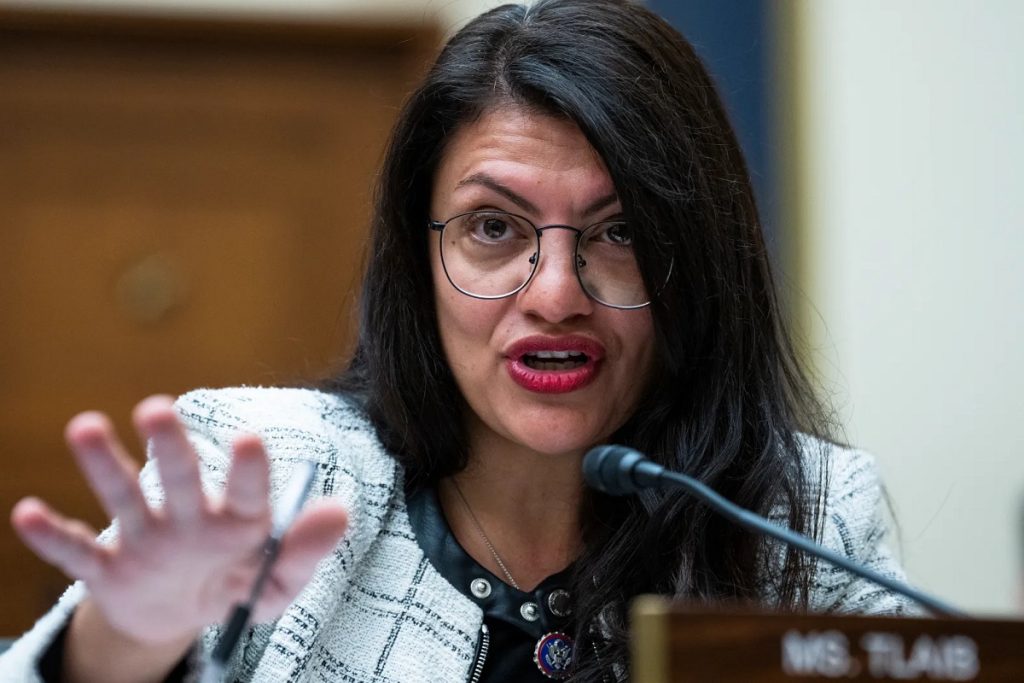Arab Muslims have been an increasingly visible and influential demographic in U.S. politics over the past decades. Concentrated in states like Michigan, New York, California, and New Jersey, these communities are leveraging their growing population and civic engagement to shape local, state, and national policies.
Civic Participation and Political Engagement
Arab Muslims in the United States are actively participating in the democratic process through voting, political campaigns, and community advocacy. Organizations such as the Arab American Institute (AAI) and Council on American-Islamic Relations (CAIR) have played a key role in mobilizing voters, educating communities, and lobbying for policies that protect civil rights, promote social justice, and address issues affecting both Arab and Muslim Americans.
Representation in Government
The rise of Arab Muslim politicians demonstrates their growing influence. Figures like Rashida Tlaib, the first Palestinian-American woman in Congress, and other local and state officials illustrate how Arab Muslims are increasingly taking leadership roles. These representatives advocate for issues ranging from immigration reform to combating Islamophobia, healthcare access, and economic opportunities for minority communities.
Policy Priorities
Arab Muslim communities often focus on policies related to:
-
Civil rights and anti-discrimination measures
-
Immigration and refugee support
-
Education and youth development
-
International relations, particularly Middle East policies
Their engagement has also extended to political fundraising, grassroots organizing, and forming coalitions with other minority communities to influence elections and policy decisions.
Challenges and Opportunities
Despite their growing presence, Arab Muslims face challenges including stereotyping, voter suppression concerns, and limited political representation. However, their organized community efforts, increasing voter registration, and visibility in media are gradually expanding their political power in the United States.
Conclusion
Arab Muslims in the United States are more than passive observers—they are active participants shaping local and national politics. Their involvement reflects a broader trend of minority communities asserting their voice in America’s democratic system, impacting policies that affect not only their communities but society at large.

